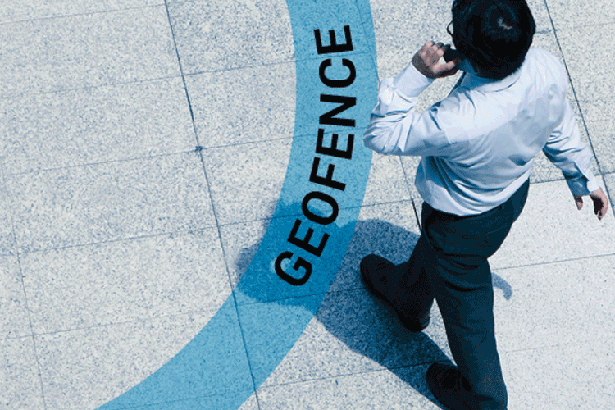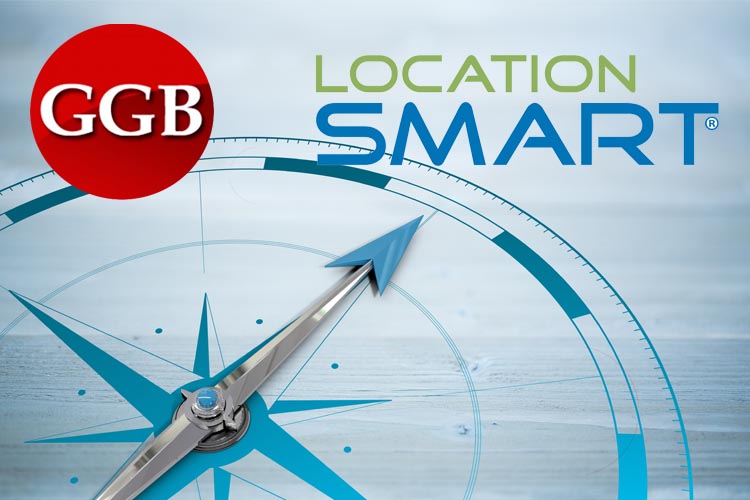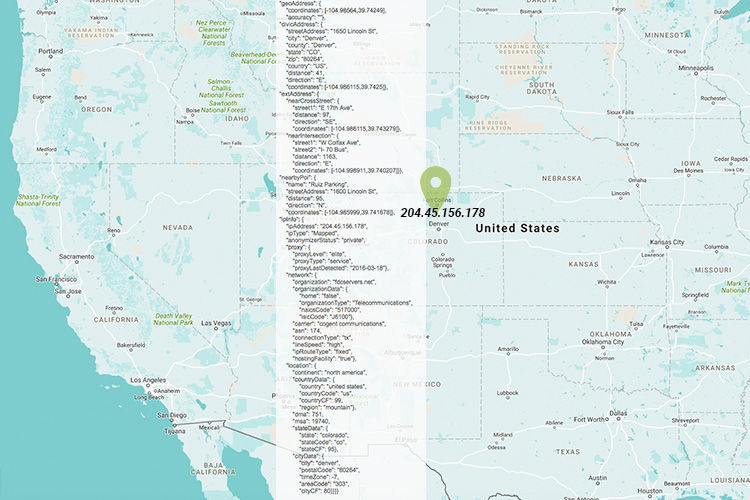
G3 Magazine interviewed LocationSmart's CEO for their February 2022 edition's Insight report on the importance of geolocation technologies for online Sports Betting in the U.S. and Canada.
Please enjoy reading this excerpt from the article of the Q&A with our CEO, Mario Proietti. Contact us.
G3 INSIGHT | LOCATIONSMART
What’s the history with LocationSmart?
LocationSmart provides cloud-based location services to gaming and lottery operators for geolocation compliance and to supply chain operators to manage their mobile devices across the Internet of Things (IoT). We were founded in 1995 and are based in Carlsbad, California.
Our mission has always been to solve operational challenges for businesses that have a mission-critical need to know in real-time where their users and devices are located. Over our history we’ve helped wireless carriers launch federally mandated emergency caller location services (E9-1-1 in the US and Canada), enabled automated hands free location for roadside assistance and trucking services, and are now addressing geographic compliance regulations for gaming and lottery services.
In what states are you present and what are your expansions plans?
We are licensed as a geolocation service provider for sports betting in Colorado. Other states where our customers operate include Kentucky, New Jersey, New York with more in process. We also serve customers operating in parts of Canada, Europe, and the Caribbean. We strive to provide customers with secure, reliable cloud-based geolocation services anywhere they are needed in the world.
Why is geolocation compliance in the US gambling market important?
As a gaming or lottery operator, it is critical to know where users are located and offer them only those forms of wagering that are allowed at their current location. For instance, US federal law prohibits certain forms of betting and the transfer of money associated with betting across state lines. Yet many states allow in-person or online betting if it takes place entirely within their boundaries.
To complicate it further, within each state, there may be different rules for in-person versus online gambling or for different forms of betting. For instance, over 40 states have regulations allowing daily fantasy sports. On the other hand, about half the US states allow sports betting in person. Only about a third of all states allow sports betting online. Even fewer states allow online casino-style gambling, although many more allow it in person.
In some states online betting may be allowed anywhere within the state boundaries, while in others a user must be physically present at an authorised venue within the state. There are even situations where one part of a state (say, a county) may have different laws about what is allowed or how winnings may be taxed there versus the rest of the state.
Not to add more confusion, but the regulatory picture across the states is not static. There are many state legislatures and regulatory bodies evaluating or rolling out legalized gambling of various forms. So, the list of allowed states and what each may allow is ever changing. It’s important for operators to keep that in mind so they can be ready to enter new markets as they open up. While at the same time, staying in compliance in existing markets must be paramount.
But wait, there’s more… indigenous tribal lands within states fall outside their purview and are governed by federal laws which require other measures. These too are subject to occasional changes in federal law.
As in the US, Canada also has a regulatory framework for gaming that varies from province to province and is also changing. For instance, we are working with several gaming operators seeking to launch licensed sports betting services in Ontario over the coming weeks and months under the province’s newly formalized regulations.
Until now, only the provincial government’s own Ontario Lottery and Gaming Corporation has been authorized to operate such services. New regulations aim to make third-party operated online gaming available for Ontarians as well.
Could you tell us more about geofencing, IP intelligence and device profiling? What is it? How does it work?
Those are various technical functions that help determine the location of a mobile or internet- connected device and verify where it is in relation to authorized boundaries. Each connected device is assigned an IP address that typically has certain known attributes. Those may include whether it is used on a mobile or fixed network, whether it is associated with a home, a business, a VPN, an anonymizing service, or a hosting facility, etc. The attributes also include where the IP address is assigned geographically by the serving ISP, VPN, or hosting service.
Other techniques such as mobile app-based location, browser-based location and device profiling are used to validate the information associated with the IP address and the device using it as a means of multi-factor authentication for the key attributes.
Once the geographic details are established, geofencing rules are applied to assess whether the device is within an authorised area, how close to a boundary it might be, and when an updated location may be needed to account for potential travel across the boundary, for example. All these technical capabilities are brought to bear to make an informed go / no go decision about whether a user is in an authorised area to allow the form of wagering being offered.
From a gambling operator’s perspective do your services offer other advantages to operators beyond geolocation compliance?
Customers appreciate our ability to offer services that are tailored to their specific needs. We take customers through an onboarding and
integration process that puts them on a path to success from day one. A dedicated customer success manager provides one-on-one technical guidance towards successful implementation for their specific use case.
Whether they are offering lottery services at a national level or sports betting within a local venue, customers access our services through a standardized set of APIs but are guided by application-specific best practices from a subject matter expert. Customers tell us they feel pigeon-holed by other providers that offer a one-size-fits-all product and they find our customer-first approach refreshing. We think that’s a strong advantage.
Are people trying to get around state gambling laws and bet in other states via VPN services and so on?
That’s certainly the concern of regulators and a possibility that operators must face. People attempt to use a variety of services, consume content, stream media, or complete transactions in places where they may not be allowed to do so. But, that may not always be intentional.
People are mobile and often may not be aware that a certain service or content is not available where they are currently located. So, geolocation services can help both the operator and user maintain compliance.
What barriers do you expect to see in the future regarding geolocation compliance? How will LocationSmart meet these challenges?
New challenges tend to come from technical evolution, changes in user behaviour and regulations to address them. As new operating systems, networking technologies, or sensors emerge, the means of locating connected devices need to change as well. As technologies advance, regulations will inevitably be adapted, and new solutions will have to be applied. So, we are continually evolving our underlying technology to keep up with those changes.
There’s also a natural tension between learning from historical user activity, including location insights, to offer new services or make them better, more secure, or more compelling, while at the same time protecting sensitive data and privacy. Flexible processes and adaptive technical frameworks help us manage those factors to meet any new challenges.
***
Contact us to learn more.





























